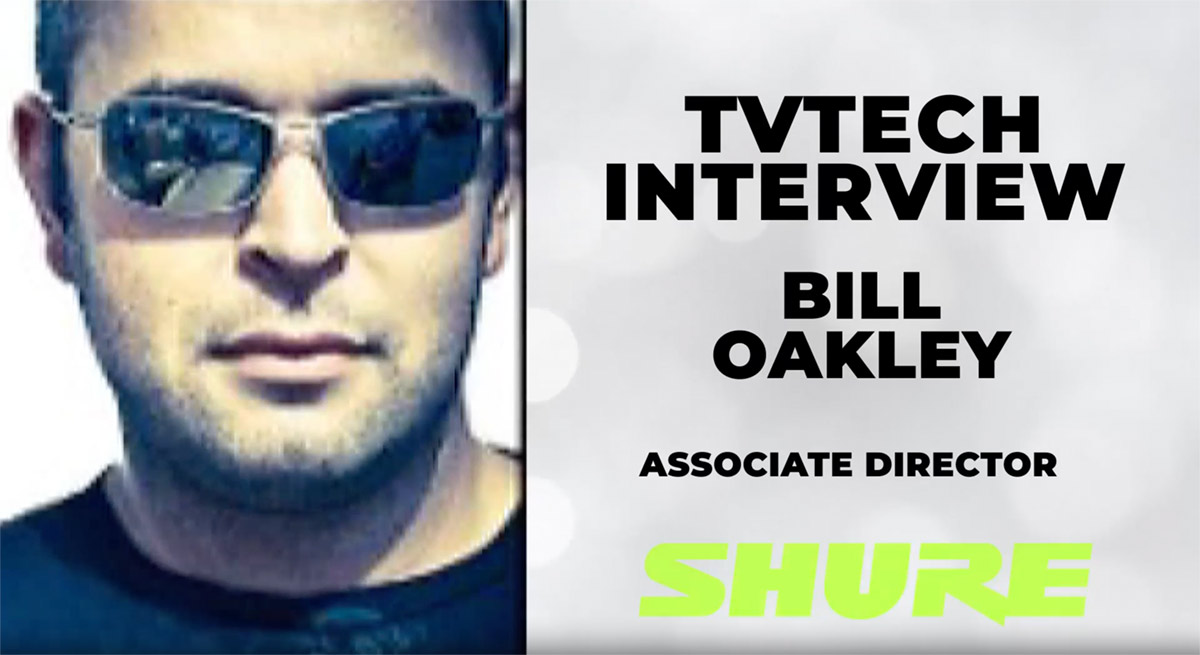FEEDBACK
SD eyesore
Dear editor:
On its Web site, NBC Sports provides TV viewers with an e-mail address (feedback@nbcsports.com) for feedback, but the e-mail inbox is full — full of complaints about the network's lack of HD cameras during the U.S. Open golf tournament. Has Broadcast Engineering ever investigated why NBC Sports does not employ all HD cameras during its HD sports broadcast? I have noticed TNT has the same problem. Watching a director cut from HD to SD is piercing to the eyes. It can't be the money, because CBS does not have this problem.
I don't understand why NBC can't get its act together technically. I've seen pages and pages of complaints, so it seems that enough people care to warrant an answer from NBC.
Frank Blacklocke
Brad Dick responds:
I contacted both NBC and NEP, the truck company that handled the actual field production and supplied much of the equipment for the golf tournament broadcast.
A press release about NEP's involvement with the golf tournament broadcast can be viewed at http://guardian.nepinc.com/newsUSopen07.php. That press release states that the NEP ND4 truck used during the broadcast was equipped with Sony HD cameras.
The professional video industry's #1 source for news, trends and product and tech information. Sign up below.
When I asked NEP representatives about the intermixing of HD and SD cameras, NEP told me to check with NBC. I contacted NBC, but I have not received a response to my inquiry.
It seems you've identified a chink in NBC's HD armor. One could interpret the network's lack of response to say it doesn't think viewers can tell the difference between images from an HD camera and an SD camera. It may take a few more complaints from viewers like you to change that errant viewpoint.
Debugging DTV
Dear editor:
Where were the congressmen when the digital TV broadcast standards were set, passed into law and Feb. 17, 2009, was determined the date to end analog signals?
Broadcasters have been forced to spend millions of dollars upgrading their studios and transmitters with overpriced DTV equipment. In addition, the equipment was full of bugs, requiring broadcasters to spend time and money debugging it.
Just look at your digital cable or digital satellite reception for a preview of what is in store for the average working population that can't afford a digital receiver, converter box, digital satellite or digital cable.
This has nothing to do with congressional politics, party affiliation, the FCC, NTIA or any funded or non-funded “education program.” It has everything to do with the TV equipment manufacturers, TV set industry, cable companies and the digital satellite companies lobbying Congress to pass a law without anyone in Washington considering the consequences.
How did the television industry ever let this happen, and what can we do about it? I am open to suggestions as I can't afford to buy a digital TV set, digital converter, digital cable or digital satellite system, and I should not have to.
Frank Anderl
Senior Engineer
University of Minnesota
Brad Dick responds:
The bottom line is that analog television will go dark in February 2009.
Over-the-air viewers like yourself will be provided with two coupons that can be applied toward the purchase of a set-top box. This box will convert DTV signals back into analog ones your older television can handle.
Your out-of-pocket expense will be minimal, if anything, and, you'll receive many more channels from your local DTV stations.
Is this the best solution? Probably not. After all, it was conceived and implemented by politicians.
